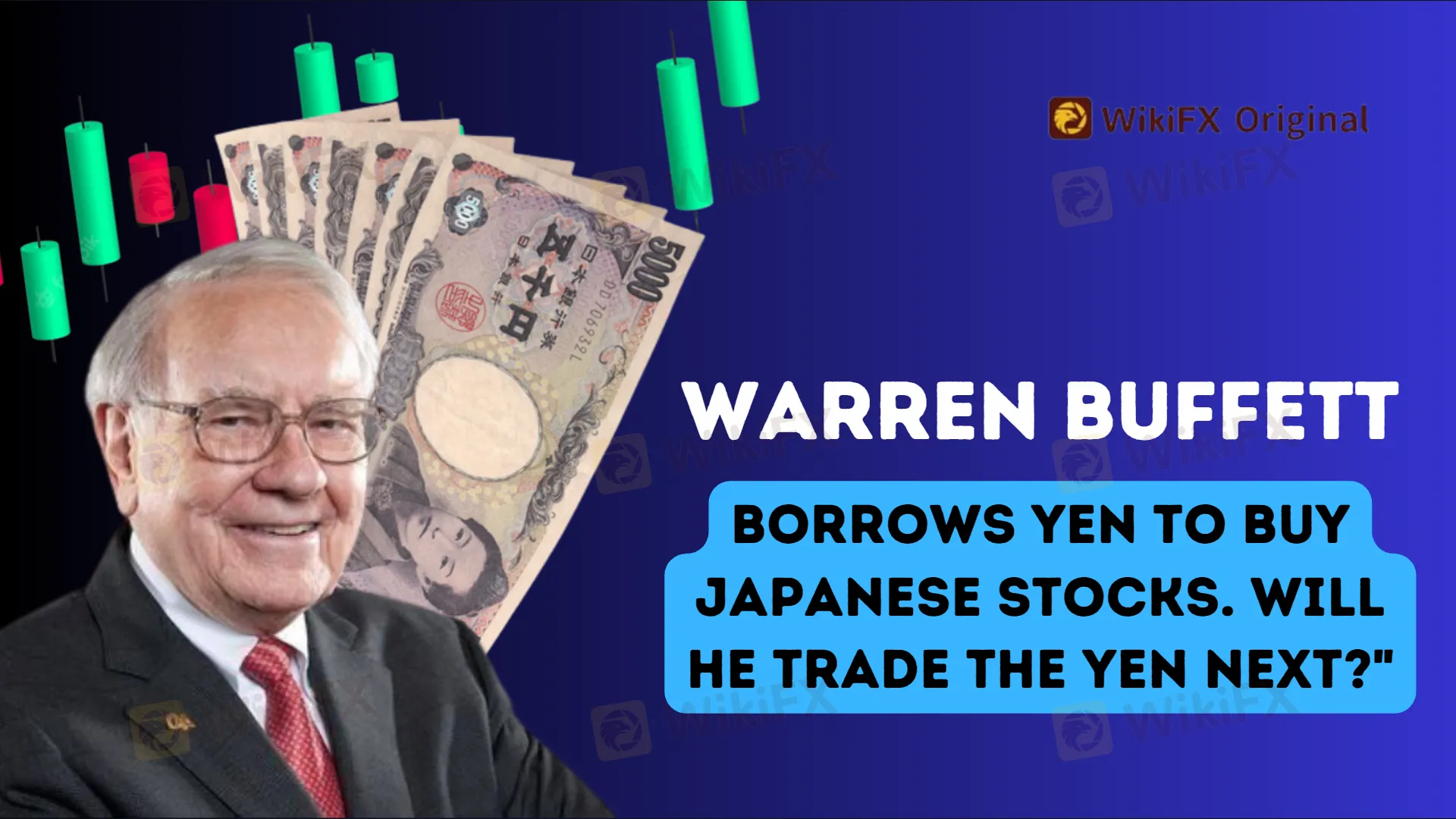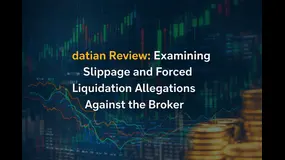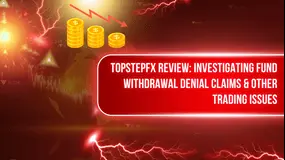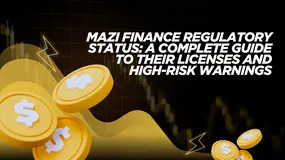WikiFX Valentine's Message | Trade Safely, Together Every Step of the Way
In the Forex Market, Trust Is Not a Promise — It’s Verified Through Safety, Transparency, and Support
简体中文
繁體中文
English
Pусский
日本語
ภาษาไทย
Tiếng Việt
Bahasa Indonesia
Español
हिन्दी
Filippiiniläinen
Français
Deutsch
Português
Türkçe
한국어
العربية
Abstract:Recently, the news of Warren Buffett investing in Japanese assets has become a hot topic.

At the annual Berkshire Hathaway shareholders meeting, Warren Buffett mentioned Japan multiple times in front of an audience of about 40,000 attendees.
Buffett is bullish on the Japanese stock market, as evidenced by his recent comments at the annual Berkshire Hathaway shareholders meeting, where he spoke to an audience of approximately 40,000 attendees and repeatedly mentioned Japan.
In particular, his comments that “compared to Taiwan, Japan is a better investment destination” indicated his positive outlook on the Japanese stock market.
Furthermore, Buffett revealed that his visit to Japan and his visits to the country's top five trading companies were aimed at laying the groundwork for his “successor”.
“I went there, in part, to introduce Greg to those business partners. And as far as those companies go, they're just delightful,” said Buffett.
Greg added, “We do hope to have long-term partnerships with these companies. They are incredible investment opportunities and have always been very good investment opportunities. I love the culture and history of these companies. Our two-day visit to the five major trading companies was fantastic.”
In April of this year, the 92-year-old stock guru Buffett visited Japan for the second time since 2011.
Buffett said that his Berkshire fund now holds 7.4% stakes in each of Japan's five major trading companies: Itochu, Marubeni, Mitsubishi, Mitsui & Co., and Sumitomo, which is the fund's largest investment overseas. He also revealed that he is “very proud” of his investments in Japan's five major trading companies over the past few years.
Furthermore, Buffett stated that “we will be discussing further investment” in Japanese stocks, and that the Berkshire Hathaway fund plans to continue investing in these five major trading companies, with the current target being to hold 9.9% of each company's shares. If the fund were to hold over 10% of the shares, they would consult with and obtain the agreement of these trading companies in advance.
Borrowing Yen to buy Japanese stocks
In fact, in recent years, whether visiting Japan in person or investing in Japanese enterprises, Buffett has always shown a strong interest in the Japanese market.
Berkshire Hathaway has previously hired banks to arrange yen bond issuance, borrowing yen to buy Japanese stocks has become a regular practice for Buffett. Berkshire Hathaway's first yen bond issuance was in 2019, with a bond size of up to JPY 430 billion, making it one of the largest overseas issuers of yen bonds in history. In 2020, Berkshire Hathaway issued JPY 195.5 billion in bonds. The most recent benchmark yen bond issuance was in December last year, with a bond size of JPY 115 billion. In April of this year, Berkshire Hathaway issued JPY 164.4 billion in bonds.
Against the backdrop of a weak yen, increasing holdings of yen-denominated assets while issuing low-interest yen bonds not only secures cheap funding, but also partially hedges foreign exchange risks. By issuing yen bonds, there is no need to convert US dollars on Berkshire Hathaway's balance sheet into yen and then invest in yen-denominated assets. This not only avoids the trouble of cross-border capital flows but also avoids increasing currency exposure.
Is speculation on the Yen inevitable?
In the context of the stock market and the foreign exchange market, how can one maximize investment profits? Buffett and other US capitalists are sure to make very accurate calculations. “For Buffett and others, they are currently investing in US dollars and will also receive US dollars in return. If the Yen continues to depreciate, the profits may be lower when converted into US dollars. There is a possibility that international speculative capital will drive up the yen exchange rate. After the dividend payout is complete and the funds are withdrawn, a large number of Yen will flood the foreign exchange market, and demand for US dollars will continue to rise, causing the yen to depreciate again. At that time, what remains is a volatile Japanese financial market and further disappointment in the Japanese economy.”

Disclaimer:
The views in this article only represent the author's personal views, and do not constitute investment advice on this platform. This platform does not guarantee the accuracy, completeness and timeliness of the information in the article, and will not be liable for any loss caused by the use of or reliance on the information in the article.

In the Forex Market, Trust Is Not a Promise — It’s Verified Through Safety, Transparency, and Support

Did you face losses due to a sudden change in the trading price on the datian platform? Were your transaction records deleted by the Hong Kong-based forex broker? Did the broker liquidate your trading account multiple times despite not reaching the stage where it mandated this move? Have you experienced heavy slippage on the trading platform? Concerned by these issues, traders have complained about the broker online. We will let you know of these with attached screenshots in this datian review article. Keep reading!

Did you face constant rejections of your fund withdrawal applications by TopstepFX? Have you been denied withdrawals in the name of hedging? Did you witness an account block without any clear explanation from the forex broker? There have been numerous user claims against TopstepFX regarding its withdrawals, payout delays and other issues. In the TopstepFX review article, we have investigated the top complaints against the US-based forex broker. Keep reading!

When choosing a broker, the first question is always about safety and legitimacy. Is my capital safe? For Mazi Finance, the answer is clear and worrying: Mazi Finance is an unregulated broker. While the company, MaziMatic Financial Services LTD, is registered in the offshore location of Saint Lucia, this business registration does not replace strong financial regulation from a top-level authority. Independent analysis from regulatory watchdogs shows a very low trust score, made worse by official warnings from government financial bodies and many user complaints about serious problems. This article provides a clear, fact-based analysis of the Mazi Finance regulation status. Our goal is to break down the facts and present the risks clearly, helping you make an informed decision and protect your capital.
